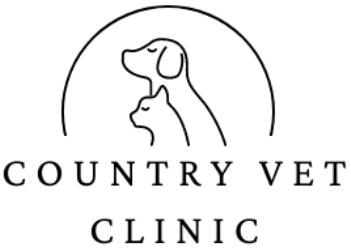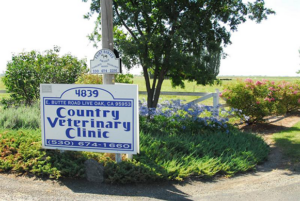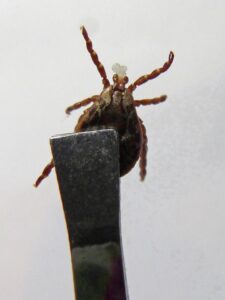Weight management for pets is just as critical as it is for people. Pets become obese when they have accumulated body fat that is over and above what is required for their optimal functioning. If not taken care of, obesity in cats and dogs can increase the risk of other health conditions such as diabetes, cardio-respiratory issues, skin disorders, and joint disease.
Studies show that more than 50 percent of pets are obese or overweight. In most of these cases, pet owners do not even realize that their furry friends have a weight problem.
Reasons Why Your Pet May Become Overweight
There are various reasons why a dog or cat can become overweight. One of the main reasons includes improper diet. You can ensure your pet’s health by providing the right portions of food. Resist the urge to offer more food even when your furry friend whimpers for leftovers.
When it comes to diet, ensure that the content of your pet’s food is right. Feed your cat or dog with the right amount of calories. High-calorie treats play a big part in the rise in pet obesity. If possible, avoid free-feeding dry food since it is not only unhealthy but also self-defeating for most pets.
The other reason that causes obesity in pets is lack of exercise. If your pet does not move around a lot, you can try feeding it with a specially formulated weight-loss diet. These products provide a reasonable food volume and a balanced intake. Additionally, they help to achieve a significant reduction in energy intake.
Health Risks Of An Obese Or Overweight Pet
· Decreased life expectancy.
· Many forms of cancer.
· Kidney disease.
· Cranial cruciate ligament injury.
· Heart and respiratory disease.
· High blood pressure.
· Osteoarthritis.
Key Component Of A Weight-Loss Diet
Feed your pet with food that is high in protein content. This diet helps to reduce the fat in your pet’s body while ensuring there is no muscle loss. It also provides amino acids that are required to maintain the muscle tissue and preserve muscle mass.
Provide calories through protein rather than carbohydrates. Feeding your pet in foods rich in protein gives a feeling of fullness after each meal. This means that your pet will feed fewer times a day.
As mentioned earlier, obesity can affect joint health. That is why you should supplement your pet’s weight-loss diets with nutrients such as omega 3 fatty acids, chondroitin, and glucosamine. These nutrients help support healthy mobility.
In addition, ensure that the treats you feed your cat or dog have low-fat content. Check the calories in each portion of food. Daily caloric needs include 1,200 calories for a 50 pounds dog, 500 calories for a 20 pounds dog, 300 calories for a 10-pound dog, and 275 calories for a 10-pound cat. Be careful how much calories you feed your pet since fat is the most energy-dense nutrient.
Have a vet evaluate your pet’s weight and health conditions regularly. If your pet is overweight, your vet can help you come up with a weight maintenance and/or weight-loss diet that is right for your pet. Do you suspect that your pet may be overweight? Visit Country Veterinary Clinic at Live Oak, California, today. To learn more about pet weight management, call 530-491-4500.



